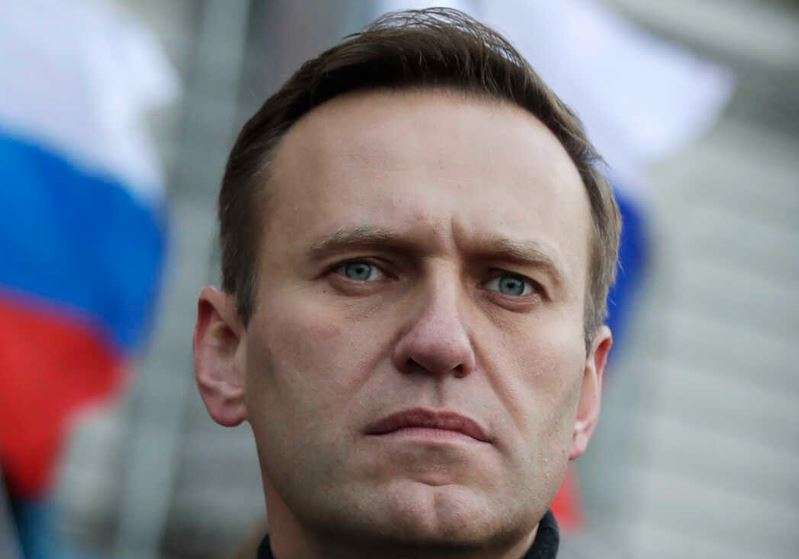
Alexei Navalny Previous Work from Russia to World
Alexei Navalny is a Russian opposition leader, lawyer, anti-corruption activist, and political prisoner. He has organised anti-government demonstrations and run for office to advocate reforms against corruption in Russia, and against president Vladimir Putin and his government. Navalny was a Russian Opposition Coordination Council member. He is the leader of the Russia of the Future party and founder of the Anti-Corruption Foundation (FBK).
Navalny was born in Butyn, Russia, in 1976. He studied law at the Moscow State University and then worked as a lawyer specializing in corporate law. In 2008, he founded the FBK, which began investigating corruption in the Russian government.
Navalny’s work as an anti-corruption activist quickly made him a target of the Russian government. In 2011, he was arrested and charged with embezzlement. He was convicted and sentenced to five years in prison, but was released on parole in 2014.
In 2018, Navalny ran for president of Russia. He was disqualified from the election, but his campaign drew large crowds and energized the Russian opposition.
In August 2020, Navalny was poisoned with a Novichok nerve agent while on a flight from Tomsk to Moscow. He was flown to Berlin for treatment and made a full recovery.
Navalny returned to Russia in January 2021, despite warnings that he could face arrest. He was immediately arrested and charged with parole violations, fraud, and contempt of court. He was sentenced to three and a half years in prison.
In March 2022, Navalny was sentenced to an additional nine years in prison after being found guilty of embezzlement and contempt of court. His appeal was rejected and in June, he was transferred to a high-security prison.
Navalny’s imprisonment has been condemned by the international community. The United States, the European Union, and other countries have imposed sanctions on Russia in response to his treatment.
Navalny remains a popular figure among many Russians. He is seen as a symbol of the struggle for democracy and freedom in Russia.






